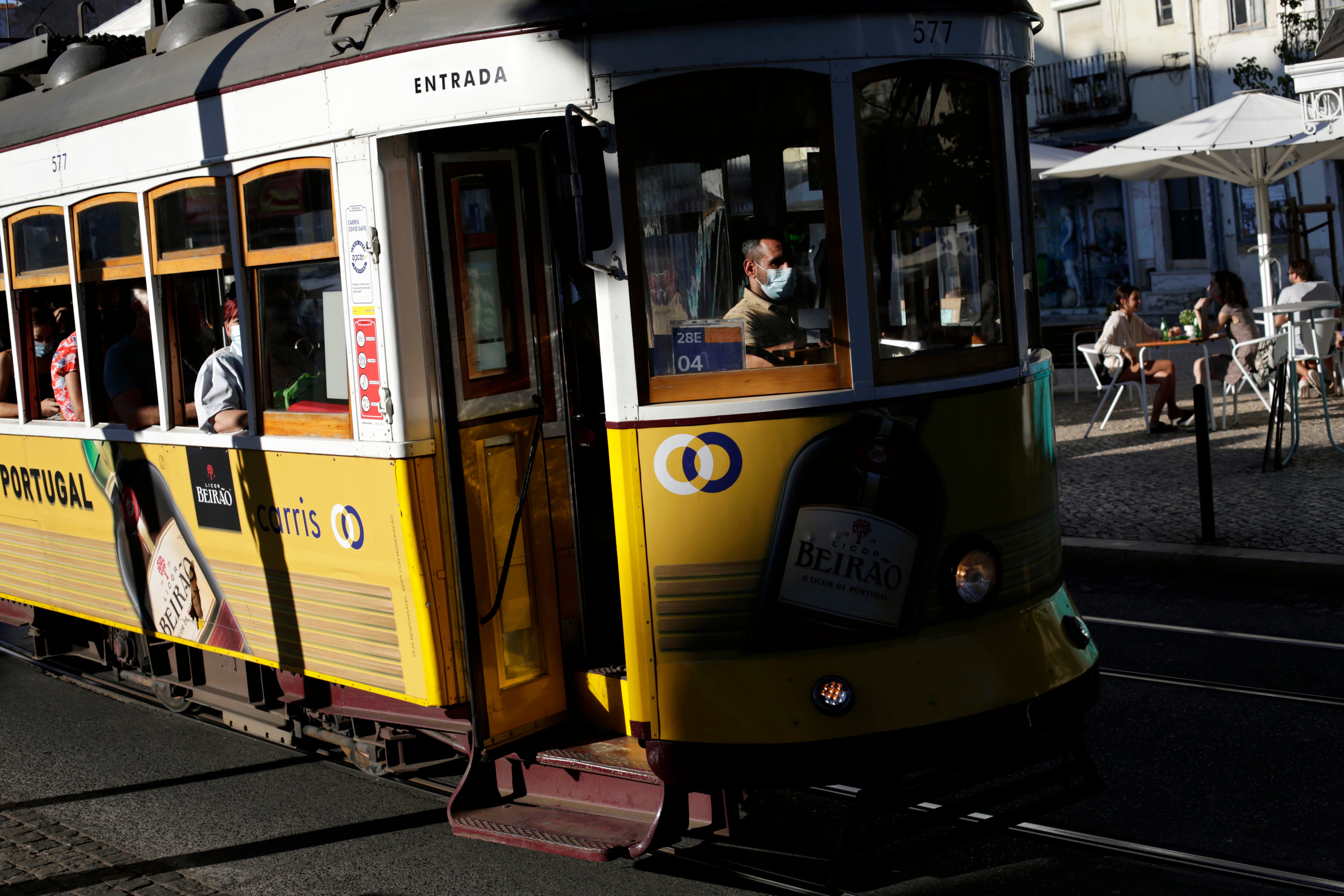Portugal eases virus limits, takes aim at ‘total freedom’
Portugal is beginning its journey to what the country’s prime minister calls “total freedom.”

Portugal is beginning its journey to what the country’s prime minister calls “total freedom,” with a government decision Thursday to start winding down COVID-19 pandemic restrictions ahead of a forecast 70% of people being fully vaccinated by the end of this summer.
The Health Ministry says around 5.4 million people, or 52% of the target population of people over age 16, are fully vaccinated. It predicts the goal of 70% of people fully vaccinated will be reached in six weeks, with 85% completely inoculated in October.
“This is the moment ... when we can take another step forward,” Prime Minister António Costa said in a televised announcement. “We are going to try and get the economy moving again, in a gradual way, in sync with the pace of vaccination.”
Costa announced three phases of staggered relaxation of restrictions stretching over the next three months.
From Sunday, localized curfews will end and restrictions on the opening times of restaurants, stores and cultural venues will be lifted, allowing them to stay open till 2 a.m.
However, a digital virus pass proving inoculation or a negative test will be needed to enter restaurants at weekends or on public holidays, when they are often busy, and for gyms and sports and cultural events.
Working from home will be recommended instead of mandatory.
From September, face masks will no longer be mandatory outdoors and premises holding public events can increase the number of people present to 75% of capacity, up from 66%.
Bars and discotheques, closed for the past 16 months, will reopen only in October.
The number of new daily COVID-19 cases has been slowly falling since last week, with just over 3,000 reported Thursday. The infection rate per 100,000 population over 14 days, a key pandemic metric, stands at 428.
Hospitalizations due to COVID-19 have stayed within the red lines established by health authorities.
Last month, Portugal introduced a raft of new pandemic measures, including localized curfews and limits on social gatherings and store opening times, amid a surge in new cases that brought infection rates and hospitalizations not seen since February. At the time, Portugal was one of the hardest-hit countries in the world.
Authorities blamed the COVID-19 delta variant for the surge. That variant has this month accounted for almost all new cases.
___
Follow AP’s pandemic coverage at:
https://apnews.com/hub/coronavirus-pandemic
https://apnews.com/hub/coronavirus-vaccine
https://apnews.com/UnderstandingtheOutbreak
Bookmark popover
Removed from bookmarks